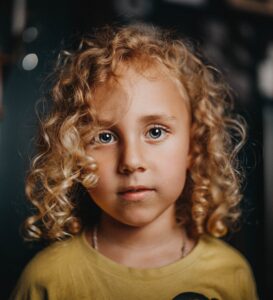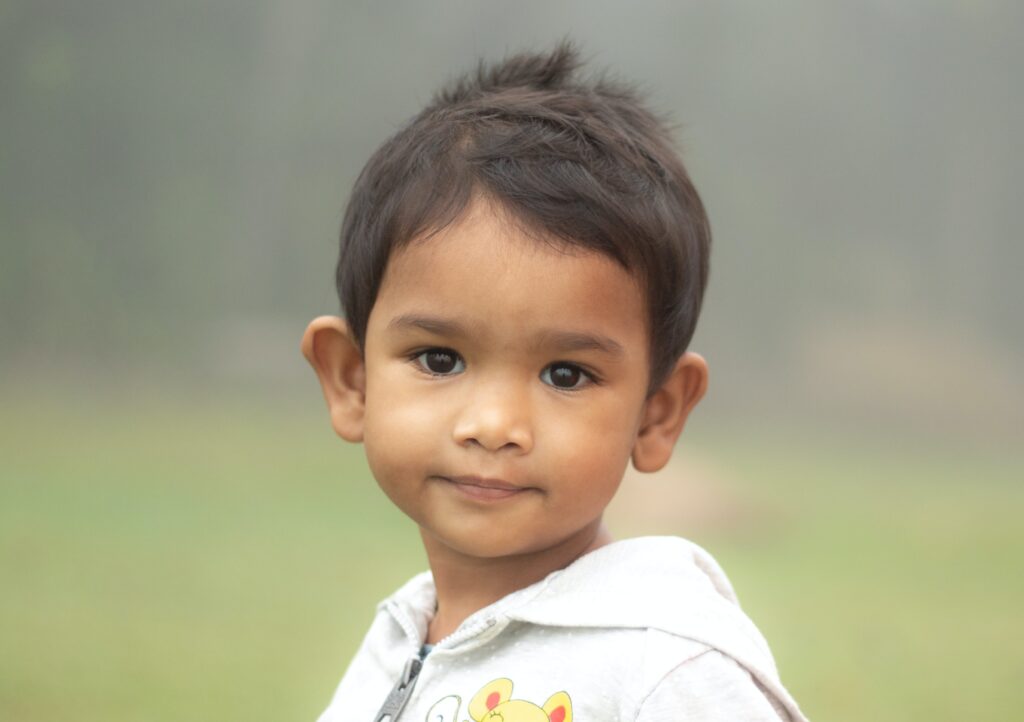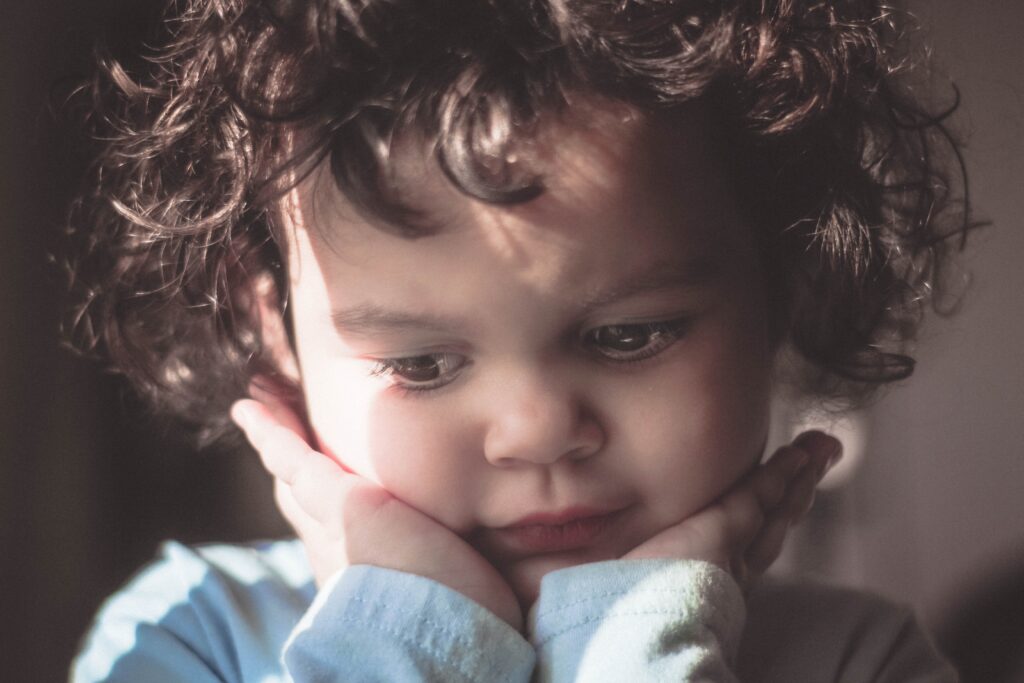
CHILDHOOD MUTISM
Your quiet, shy child may be just that ~ quiet and shy. If s/he responds and initiates conversation in a patient and reserved way, that’s just his/her personality speaking.
However, if s/he is timid and afraid to speak up in certain social settings, and this behavior is occurring more frequently, you might have a child suffering from Selective Mutism. Your child’s mutism is a way to avoid anxious and nervous feelings brought about by a variety of social settings, such as school, classroom, friends of siblings, and even, rarely-seen relatives.
More helpful information can be found by clicking on this link:
https://selectivemutismcenter.org/whatisselectivemutism/
In the story, FEETSPEAK, Cinnamon suffers from Traumatic Mutism.

Traumatic Mutism
A child suffering from Psychogenic, or Traumatic Mutism usually displays this behavior quite suddenly. S/he is unable to speak in all social and familiar settings.
In other words, this child is physically able to speak, but because s/he is unable to process a very disturbing event, s/he stops speaking.
Treatment Options
Discovering and, then, treating the cause of the traumatic mutism can be done in several ways. A Mental Health professional may have these suggestions:
- attending therapy sessions individually and/or as a family
- prescribing anti-anxiety medications
- making lifestyle changes or adjustments
- finding different ways of communicating
Pressuring a child with psychogenic, or traumatic mutism can cause further anxiety.

A Little Parental Advice
DO NOT use bribery as a means of encouraging your child to speak.
Give your child love, support, and patience with your verbal encouragement.
Reassure your child that his/her body language and gestures are totally acceptable until talking is more comfortable.
Provide your child with small, comfortable opportunities for “small talk”, such as “Yes”, No”, “Oh…”, “Okay”, etc.
Continue attending parties or family gatherings with some “comfort zone” modifications for your child.
Ask your friends and relatives to give your child time to “warm-up” while waiting for a response.
Ask them to focus on fun, engaging activities with your child, rather than activities that require verbal responses.
Praise your child privately when s/he does respond verbally because public praise may cause him/her to be embarrassed.
If you and your child are seeing a Mental Health Professional for assistance, s/he may offer specific insights and special strategies customized for your child’s Traumatic Mutism.

NEED MORE INFO ?!?
While researching Childhood Mutism : Selective & Traumatic, I came across an in-depth, clinical article written in 2010 by Priscilla Wong, MD from the Department of Pediatrics with Madigan Army Medical Center in Tacoma, Washington.

I hope you found this post helpful in some way. If you have any questions, comments and/or concerns, you can email me by clicking on the Contact Me link on this website’s Navigation Bar.
IMAGE CREDITS: Rony Michaud, Janko Ferlic, MM Rahman Akash, Ricky Turner, and Vitolda Klein
My next post: “Helping Your Grieving Child”.
COPYRIGHT2021EASHIELDS
